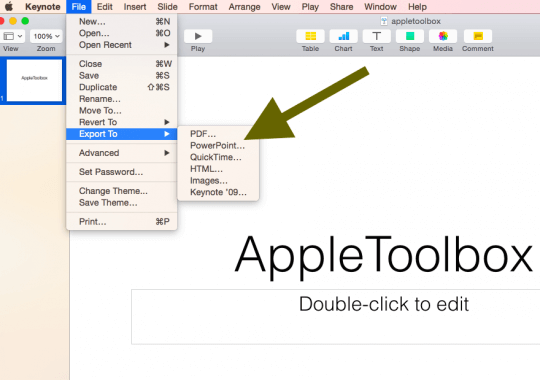Open Key Files In Windows

- How Do You Open .key Files In Windows
- Open .key Keynote File In Windows
- How To Open Key Files In Windows 7
I've OpenSSH 7.6 installed in Windows 7 for testing purposes. SSH client & server work just fine till I tried to access one of my AWS EC2 box from this windows.
It seems like I need to change the permission on the private key file. This can be easily done on unix/linux with chmod command.
The product name, description, and company name are taken from the version information of the.exe file.The 'Actions' list is taken from the context menu items added to Explorer by the specified program.The 'Popularity' column displays one of the following 4 values: Low, Medium, High, and Very High, which is determined according to the number of users that sent the specified record. Learn about.KEY files and view a list of programs that open them. For LightWave 10, licenses are saved to the following directories: Windows: user. Aug 9, 2018 - If you are looking for practical ways on how you can convert key file to PDF, you can. However, for people using both Windows and Apple devices, it can. First, launch the Keynote app, then open the file you wish to convert.
What about windows?
private-key.ppm is copied directly from AWS and I guess the permission too.
6 Answers
You locate the file in Windows Explorer, right-click on it then select 'Properties'. Navigate to the 'Security' tab and click 'Advanced'.
Change the owner to you, disable inheritance and delete all permissions. Then grant yourself 'Full control' and save the permissions. Now SSH won't complain about file permission too open anymore.
It should end up looking like this:
iBugHow Do You Open .key Files In Windows
iBugKeys must only be accessible to the user they're intended for and no other account, service, or group.
- GUI:
- [File] Properties - Security - Advanced
- Set Owner to the key's user
- Remove all users, groups, and services, except for the key's user, under Permission Entries
- Set key's user to Full Control
- [File] Properties - Security - Advanced
CLI:
I had the same problem, and it seems to be related to the version of SSH you're running.
If I type
I get...
When I run ssh -V in both locations, I get
...respectively
So, when I run ssh from the git/bin directory, it works fine and doesn't complain about the permissions, but running the same command line, using the former installation of SSH, it comes back with this.
ps. the permissions on the file are just full access for myself, and nothing else.
In addition to the answer provided by ibug. Since i was using the ubuntu system inside windows to to run the ssh command. It still was not working. So i did
and then it worked
You need jsut 2 things:
1) Disable inheritance
2) Convert inherited permissions to explicit permissions
3) Remove Users group
4) You will end up with no Users can access private files, this should be enough to add id_rsa.
Answer by iBug works fine! You can follow that and get rid of this issue.
But there are few things which are needed to be cleared as I faced issues during setting up permissions and it took few minutes for me to figure out the problem!
Following iBug's answer, you'll remove all the permissions but how do you set Full Control permission to yourself? that's where I got stuck at first as I didn't knew how to do that.
After Disabling Inheritance, you'll be able to delete all allowed users or groups.
Once Done with that,
Click on Add then click on Set a Principal then enter System and Administrators and your email addredd in the field at bottom then click on check names.
It'll load the name if user exists.Then, Click on OK > Type Allow > Basic Permisisons Full Control >Okay
This will setup Full Control permission to SYSTEM, Administrators and Your User.
After that try to ssh using that key. It should be solved now.
Open .key Keynote File In Windows
I had same issue and I solved that using this method.If there's any user or group with that name then it'll load that.
How To Open Key Files In Windows 7
-Screenshots-